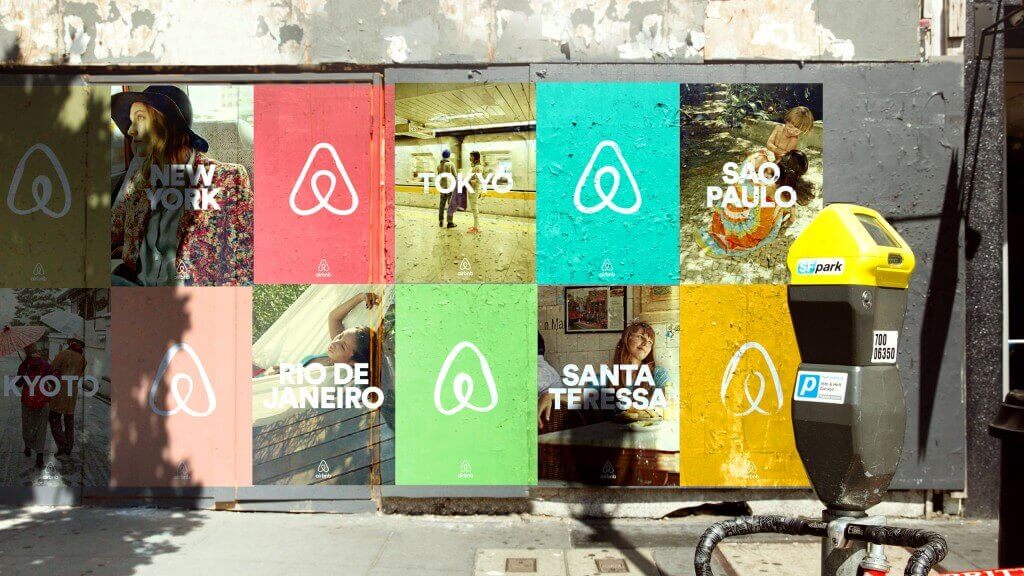
In less than a decade the twenty-something founders of Airbnb have gone from selling politics-themed cereal, back in 2007, to raising $850 million on a $30 billion valuation.
In short: Airbnb is the poster child of millennial innovation.
What is its secret? Staying one step ahead of trends and truly understanding the needs and wishes of the millennial consumer.
Airbnb has masterfully turned what could have been a simple timeshare or price comparison platform into an inclusive experience which allows travelers of all ages to “belong anywhere” and is constantly adding new features which benefit both users and renters.
At the same time, the traditional hotel industry is attempting to innovate and improve to compete with Airbnb, which is eating heavily into the industry’s revenue and margins.
In a recent report commissioned by the Hotel Association, it is estimated that hotels lose around $450 million in direct revenues per year to Airbnb.
Hotels have long tried to offer “experiences” to guests, but have traditionally focused on pushing in-house services such as concierges and VIP packages.
However, more than ever, hotels are under pressure to add more value to attract back guests from using Airbnb.
Here are three predictions for trends in the hospitality sector which are likely to take shape in 2017, in response to changes within the industry:
1. Experiences will become a selling factor for hotels
A recent Eventbrite survey reveals that millennials not only value experiences highly, but are more than happy to pay for them.
Seventy-eight percent of respondents said they would choose to spend money on a desirable event or experience than on buying a desirable item.
In response to this, back in November 2016, Airbnb launched its experiences function.
This offers the chance to discover hidden gems, or take part in unique experiences with their expert host.



